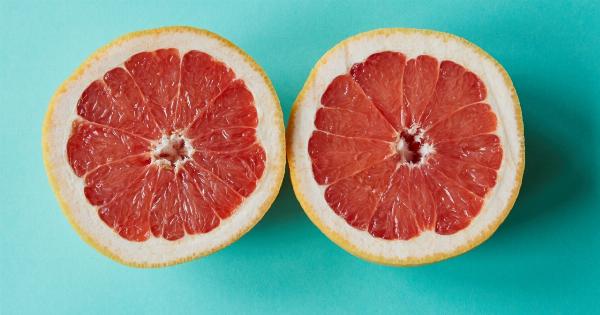Kidney stones, also known as renal calculi, are hard deposits made of minerals and salts that form in the kidneys. These stones can vary in size and shape and can cause severe pain and discomfort when they pass through the urinary tract.
In this article, we will provide a detailed overview of kidney stones, including their causes, symptoms, diagnosis, treatment options, and prevention strategies.
Causes of Kidney Stones
Kidney stones can be caused by various factors, including:.
- Diet: Consuming a diet high in animal protein, sodium, and sugar can increase the risk of developing kidney stones.
- Dehydration: Inadequate fluid intake can lead to concentrated urine, which promotes the formation of kidney stones.
- Family history: Individuals with a family history of kidney stones are more likely to develop them.
- Medical conditions: Certain medical conditions, such as urinary tract infections, gout, and hyperparathyroidism, can increase the risk of kidney stone formation.
Symptoms of Kidney Stones
Kidney stones may not cause any symptoms until they start moving through the urinary tract. Common symptoms include:.
- Severe pain: The most common symptom of kidney stones is severe pain that radiates from the side and back to the lower abdomen and groin.
- Blood in urine: Kidney stones can cause blood to appear in the urine, giving it a pink, red, or brownish color.
- Frequent urination: Individuals with kidney stones may experience an increased urge to urinate and may pass small amounts of urine frequently.
- Cloudy or foul-smelling urine: Kidney stones can cause changes in urine appearance and odor.
Diagnosis of Kidney Stones
To diagnose kidney stones, healthcare professionals may recommend the following tests:.
- Imaging tests: X-rays, CT scans, and ultrasounds can help visualize the size, location, and number of kidney stones.
- Urinalysis: Analyzing a urine sample can detect blood, signs of infection, and other substances associated with kidney stones.
- Blood tests: Blood tests can assess kidney function and detect any underlying medical conditions contributing to kidney stone formation.
Treatment Options for Kidney Stones
The treatment for kidney stones depends on various factors, such as the size, location, and composition of the stones, as well as the severity of symptoms. Common treatment options include:.
- Passing the stone naturally: Small kidney stones can often be passed through the urinary tract with the help of pain medications and increased fluid intake.
- Medications: Medications may be prescribed to help in the passage of kidney stones, manage pain, or prevent further stone formation.
- Extracorporeal Shock Wave Lithotripsy (ESWL): This non-invasive procedure uses shock waves to break large stones into smaller pieces, making them easier to pass.
- Ureteroscopy: In this procedure, a thin tube equipped with a camera is inserted into the urethra and bladder to remove or break up stones located in the ureter or kidney.
- Surgical intervention: In certain cases, surgical techniques may be necessary to remove kidney stones that are too large to pass naturally or cannot be treated with other methods.
Prevention Strategies
Preventing the formation of kidney stones can be achieved by following these strategies:.
- Stay hydrated: Drinking an adequate amount of water helps dilute urine, reducing the risk of stone formation.
- Modify your diet: Limit consumption of foods high in oxalate, such as spinach, rhubarb, and chocolate, and reduce salt and animal protein intake.
- Increase citric acid intake: Citric acid helps prevent stone formation, so consuming citrus fruits or adding lemon juice to water can be beneficial.
- Manage medical conditions: Properly managing underlying medical conditions, such as urinary tract infections or hyperparathyroidism, can help prevent kidney stone formation.
- Take prescribed medications: If you have a history of kidney stones or are at high risk, your healthcare provider may prescribe medications to reduce the risk of stone formation.
Conclusion
Kidney stones can cause significant pain and discomfort, but with proper diagnosis, treatment, and prevention strategies, their impact can be minimized.
It is essential to stay hydrated, follow a balanced diet, and seek medical attention if you suspect kidney stones or experience symptoms associated with them. By taking proactive measures, individuals can reduce the risk of kidney stone formation and maintain good urinary tract health.






























